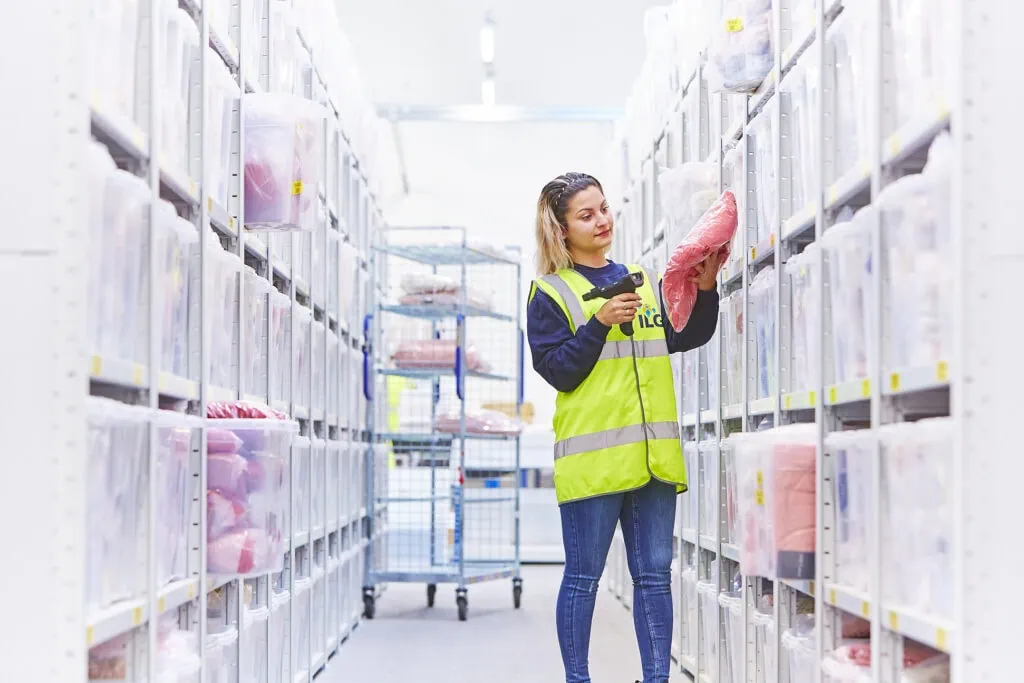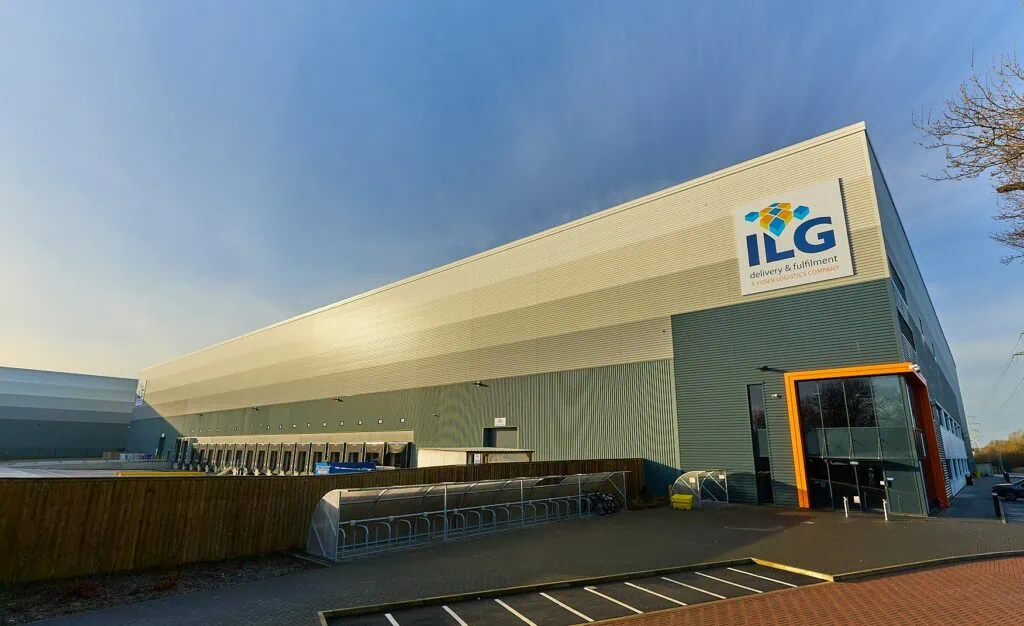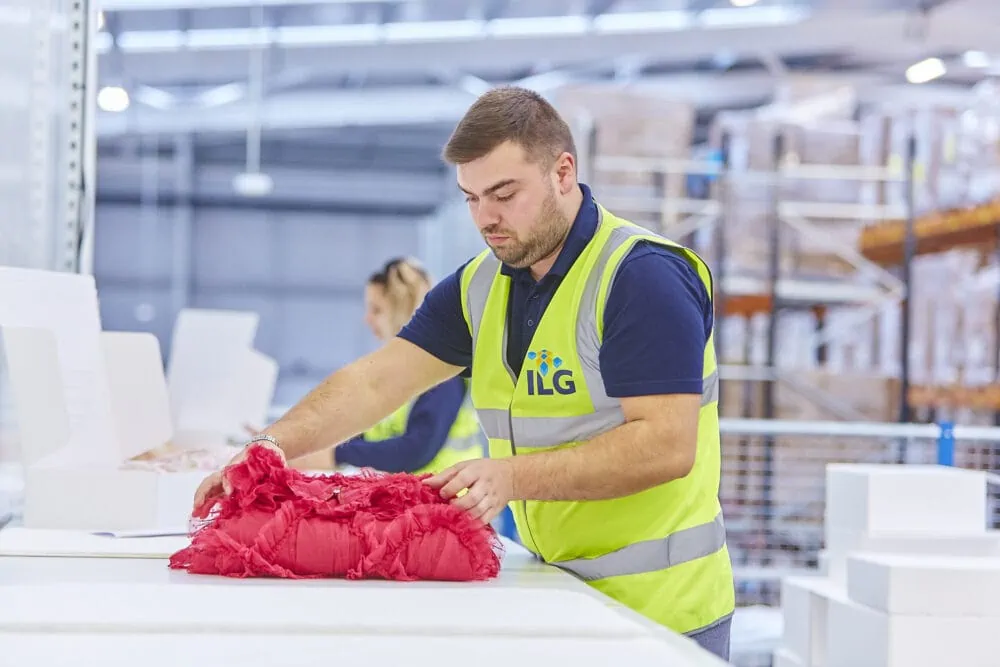
Omnichannel fulfilment is the provision of fulfilment services for all of a brand’s retail channels, encompassing e-commerce D2C, as well as retail and wholesale B2B fulfilment. For most brands these services are split between multiple fulfilment partners. Here we look at the advantages of bringing them all together under one.
Jump to:
- The need for omnichannel fulfilment
- Understanding the demands of wholesale fulfilment
- The benefits of single source omnichannel fulfilment
- Remove the burden of inefficient fulfilment
- Kickstart your omnichannel fulfilment today
In the last few months, the beauty industry press has reported significant store openings for two of our key clients, Trinny London and Charlotte Tilbury. In June 2022, Trinny London launched its first permanent in-store outlet in the US, at Saks in New York, following a successful ‘test the water’ pop-up there in 2021.
Find out more about industry-leading omnichannel fulfilment services from ILGIn 2022, Charlotte Tilbury grabbed the headlines with the opening of an outlet at Liverpool ONE, its first standalone retail space outside London and the brand’s first opening in the UK for six years.
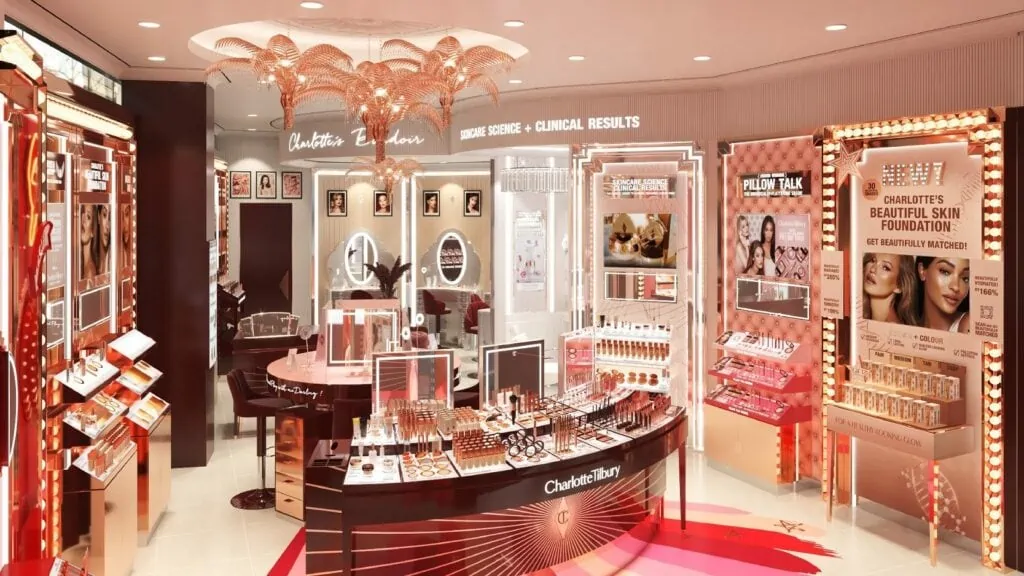

Both openings showed that even the most successful digital-first brands see a strategic need for maintaining, or even growing, a physical presence in-store. That requires two fulfilment channels: one to deliver e-commerce orders direct to consumers (D2C) and one to complete wholesale fulfilment to retail outlets (B2B), which could include high street chains, luxury stores, independent boutiques, online retailers, a brand’s own outlets, or even regional distribution centres across the UK and EU. This can present a hugely complex and costly fulfilment challenge, which ILG is uniquely placed to solve.
Read more: 5 Ways Your 3PL Partner can Support D2C Beauty Sales
The need for omnichannel fulfilment
High street retail has been hit hard in the last decade, while a large proportion of sales has moved online – a situation amplified as a result of Covid-19. But, as the Deloitte’s Retail Trends report concludes, “the high street should not be written off just yet. It does indeed have a future, and an exciting one at that”.
Indeed, there are signs of a high street revival. Even Shopify is writing about The Future of Physical Retail in a Digital-First World, commenting that physical retail has exceeded expectations in 2022. It delves into consumer expectations around stores being digital-first, focused on speed, convenience and community; and observes that “retailers are using stores to deepen the consumerߴs connection with the brand. In a crowded social and e-commerce space, stores can drive engagement and loyalty.”
Inventive new concepts are breathing fresh life into the face-to-face retail experience, including the use of digital to create a compelling ‘phygital’ customer experience that blends the physical and digital to give shoppers a unified experience across online and offline channels.
Within this context, brands such as Forest Essentials are finding that the all-round sensory experience of being able to see, feel and try products in-store helps them to connect with their potential customers and convert them. Forest Essentials’ new Covent Garden store features Ayurvedic consultations, the brand’s core product range and an exclusive ‘Enchanted Forest’ gifting proposition. Differentiation is key when it comes to its in-store experience – the store is going to cover all the five senses, a principle of Ayurveda, including how the store smells, what kind of service you get, the cup of tea you’re offered and the demonstration you have. Even if a final purchase is made online, the physical touchpoint is a vital component of the whole marketing strategy.
Here we see the importance of omnichannel fulfilment, and how critical it is to tie up your online and offline strategies, to enable sales across all your channels. Improving e-commerce customer experience is only one piece of the puzzle.
The problem for brands wishing to sell both online and in-store is that most fulfilment partners only specialise in one or the other. This is where ILG is different. With extensive experience in both D2C and B2B fulfilment, we can provide our clients with a single omnichannel fulfilment service that offers significant benefits, including an holistic approach to client service.
Find out more about fulfilment services from ILGUnderstanding the demands of wholesale fulfilment
Delivery to retail stores requires careful planning and solid stock management. Vendor manuals, which can run to hundreds of pages, set out strict rules covering delivery requirements like booking slots and labelling, to keep the process efficient and cost-effective. Penalties for non-compliance can be hundreds of pounds and an inexperienced supplier can find themselves with a thousand pounds in fines before they’ve even got their stock into the store.
ILG has been fulfilling orders to vendors for many years and our experience has given us an in-depth understanding of their requirements. Our ability to read through these vast manuals and pick out the things that are needed to be compliant is of great value to clients selling in-store for the first time, or setting up with a new vendor. We also have the communications services set up to manage relationships with multiple vendors, ensure we meet booking slot requirements and that stock is booked in prior to arrival.
This level of detailed understanding and compliance is the reason why most fulfilment companies that deliver to retail stores specialise solely in B2B, but at ILG we have the resources, the technology, the reporting capability and the experience to deliver to retail and direct to consumer with absolute reliability.
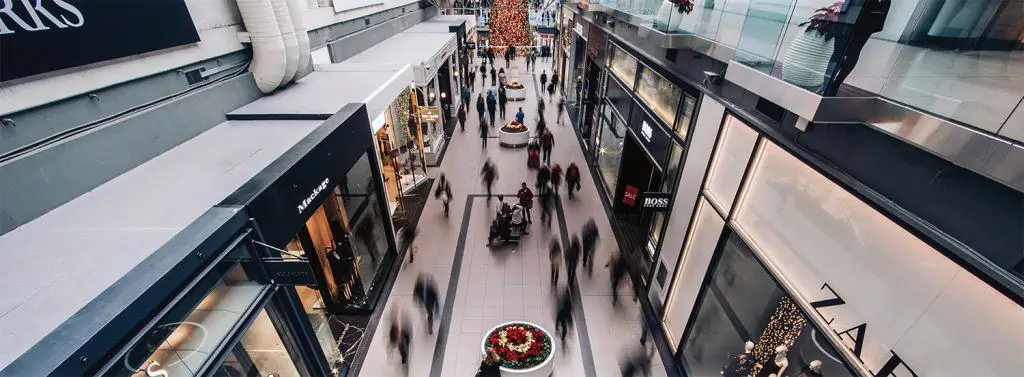
The benefits of single source omnichannel fulfilment
Having different elements of your fulfilment split over different companies is not efficient. Brands that have come to ILG from such a set-up have told us how orders and stock management can become muddled up, creating an extra problem that they could do without. They want their whole fulfilment operation to be holistic, centralised and lean.
There are numerous benefits to bringing both channels under one 3PL. Having one partner to deal with rather than two is obviously a simpler relationship. It means you have one customer service team looking after your account and a single view of inventory.
This singularity and transparency brings with it improved efficiency and economies of scale. For example, you pay one management fee, not two, and your stock can be delivered to one warehouse location, not two.
This is pertinent for brands that sell large volumes through e-commerce and much smaller volumes in-store. Splitting such contrasting volumes across two 3PLs means two very different relationships with two very different suppliers, and one channel inevitably losing out to the other. By bringing it all under one roof, you can manage your inventory much more efficiently, ensuring you always have the stock to respond to online and offline peaks in demand, but reacting to the subtleties of wholesale fulfilment without missing a beat.
Remove the burden of inefficient fulfilment
With retail margins being squeezed more and more all the time, both online and offline, efficiency is crucial. Our mission at ILG is to rid the industry of inefficiency and give our clients a leaner supply chain and full visibility over their stock.
We work with a growing number of consumer brands that are predominantly digital-first but, as the recent openings of Trinny London and Charlotte Tilbury have exemplified, they place real value on having an in-store presence. Both brands have had an in-store presence for some time, but these openings show that it’s a strategy that is growing in importance. They have seen how it can help their e-commerce channel to grow and we are proud to have helped in this success, by managing their stock in sufficient volumes to complement both channels.
The high street may not be the retail powerhouse that it once was, and it looks set to undergo further transformations in the coming years, but it remains – and will remain for the foreseeable future – a key stage in the typical customer journey. For digital retailers wanting an in-store presence, or in-store retailers moving online, efficient omnichannel fulfilment is key to success.
Kickstart Your Omnichannel Fulfilment Today
Entrusting your multichannel fulfilment to an experienced, well-equipped partner like ILG will give you the peace of mind you need to help your business succeed. If you’d like to find out more about our omnichannel fulfilment services, feel free to get in touch with us today.
Contact Us
More insights >
How to Manage Your Stock with SKU Numbers: Best Practice Guide
If you’re an e-commerce business, efficient inventory management is essential – and one important part of this is understanding SKU numbers.
ILG is a Finalist for Best Logistics Solution at the BeautyMatter 2025 Awards!
We’re thrilled to announce that for the third year in a row, ILG is a finalist for ‘Best Logistics Solution’ at the BeautyMatter 2025 Awards!
